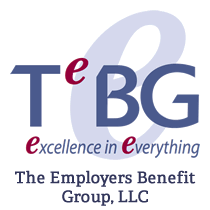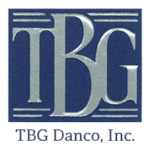The following checklist is provided for your assistance in complying with the various annual requirements of the Affordable Care Act:
- Waiting Periods - Employer sponsored group health plans cannot exceed 90 days.
- Essential Health Benefits Coverage - Plan includes all coverages required by the Act, including child coverage for certain dental and vision care benefits.
- Clinical Trial Coverage – Plans must cover routine patient costs.
- Maximum Employee Contribution - For plan years beginning in 2019 the amount is 9.86% of an employee’s salary for employee only coverage.
- Dependent Coverage – for Children to Age 26
- Annual Maximum Out-of-Pocket Amount – stated annually; in 2019 it is self-only: $7,900, Family: $15,800. For high deductible and HSA health plans , in 2019 it is self-only: $6,750, Family: $13,500.
- Health Flexible Spending Account Cap – Current annual maximum amount in 2019 is $2,700.
- Emergency Services – Coverage is the same in or out of network facilities
- Medical Loss Ratio Requirements and Rebates – Employers will need to determine how to allocate the rebates.
- W-2 Reporting – Employers include the aggregate cost of employer sponsored health coverage.
- 60 Day Advance Notice of Material Changes
- Patient Centered Outcomes Research Institute Fee (PCORI) – the last annual fee at $2.45 per person covered by plan years ending Oct. 1, 2018, through Sept. 30, 2019. Due July 31, 2019.
- Health Benefit Exchange Notice – Written notice required to plan particpants
Forms 1094 and 1095 – Plans may be subject to penalty tax for failing to offer coverage to al full time employees. Distribution to employees and filings.
The information and opinions expressed are those of the author. TeBG, LLC provides general information and background on selected topics. Please seek professional legal and tax advice from your own advisors.


